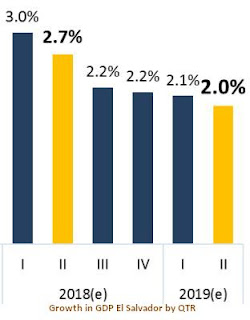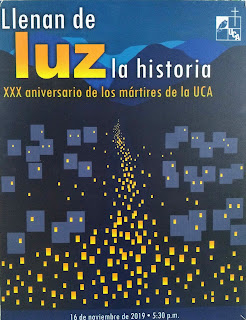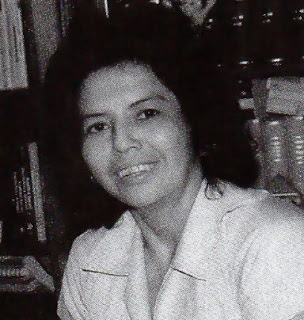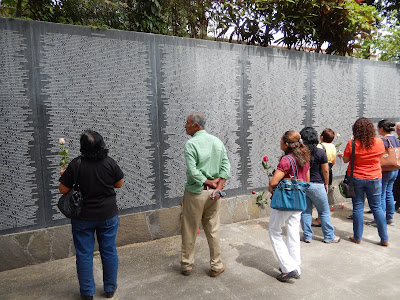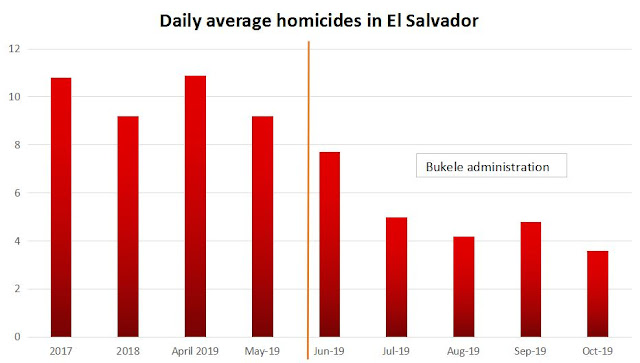Some war records of Salvadoran military found in archives
After a judge hearing the El Mozote massacre case ordered the president of El Salvador and the country's military to provide records concerning military operations, some records may have been located in the General Archive of El Salvador. While the military continues to claim it does not have a single document throughout all of its branches, some records of "historical significance" may have been saved in other archives. On October 24, Judge Jorge Alberto Guzmán, who is presiding over the El Mozote trial issued his order to the president and defense minister to turn over records. Now, according to a report in El Faro , the 42 divisions of the Salvadoran military have all responded that they have no records from the time of the El Mozote massacre. However, the president's office stated that it has located records which could be "of interest" in the General Archive of the Nation. The General Archive falls under the Ministry of Culture. According to...
